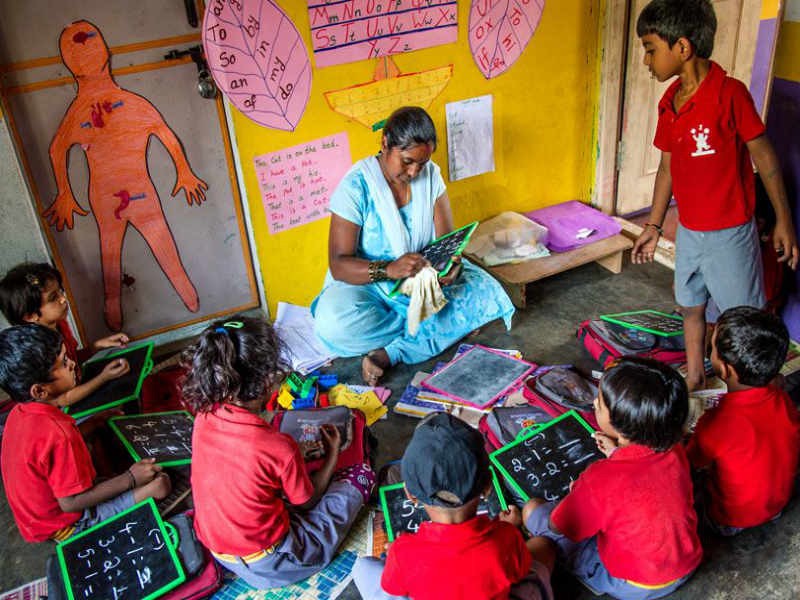When a child in Mexico gets a head start at a high-quality, company-funded preschool, parents aren’t likely to care that the model for the Hipocampus learning centers has been borrowed from India.
“We believe if you do social enterprise, you are here to solve problems. It doesn’t matter if it’s your idea,” says Nicolas Demeilliers, co-founder of Connovo, the Mexican “replicator” that brought Hipocampus to Mexico and plans to scale it to 100 sites in five years.
In a sector that worships “innovation,” Connovo’s new idea is that for many challenges, solutions already exist. The trick is to scale what works with management talent, mentoring, financing and shared business services. Connovo is structured as a holding company that both owns equity in its portfolio companies and provides hands-on operational help.
Pipeline
The company intends to build and replicate a half-dozen impact ventures focused on education, in line with Sustainable Development Goal №4 (“Ensure inclusive and quality education for all”).
Already, in addition to Hipocampus, Connovo has brought Esoko, a mobile information platform for farmers developed in Africa, to Mexico. The service, which connects farmers to the agricultural value-chain, reaches 7,000 farmers, including some who supply barley to the makers of Corona beer.
Hola Code, built with the U.S. training compancy Hack Reactor, focuses on skilling up Mexicans deported from the U.S. to meet the countries shortage of skilled programmers. Refugees in Jordan had already successfully completed the training. “We knew that if they managed to replicate this in Jordan, it should be replicated in Mexico,” Demeillers said.
Reduced Risk
Demeilliers, a former banker with BNP Paribas, developed an accelerator program for social entrepreneurs in Mexico in 2013 as a fellow of impact investor LGT Venture Philanthropy. He found that many entrepreneurs were reinventing the proverbial wheel. Hearing their pitches, he’d find himself thinking, “This reminds me of something.” Upon investigation, he’d find the idea had already been rolled out in another part of the world.
That suggested an obvious strategy for reducing the risk of early-stage ventures — import something that was already working. “There are incubators and accelerators, but where are the replicators?” he asks.
Early childhood education in Mexico, for example, is at approximately the same level as South Korea 20 years ago or Chile a decade ago. Half of children under five years old live in poverty. Only 6% have access to quality childcare services. Connovo identified 25 initiatives around the world. Many of them were in India, so a partner spent a month visiting and observing eight programs.
Hippocampus (with two ‘p’s’ in India) has built 300 centers in the state of Karnataka. Connovo determined the $10 per month fee was too steep for the Mexican families it intended to serve, so it shifted to a business-to-business model and recruited employers who wanted to offer childcare services to employees, to reduce absenteeism and increase retention. The first center opened near a factory in Guanajuato last year and Demeillers says four more will be opened by year-end.











